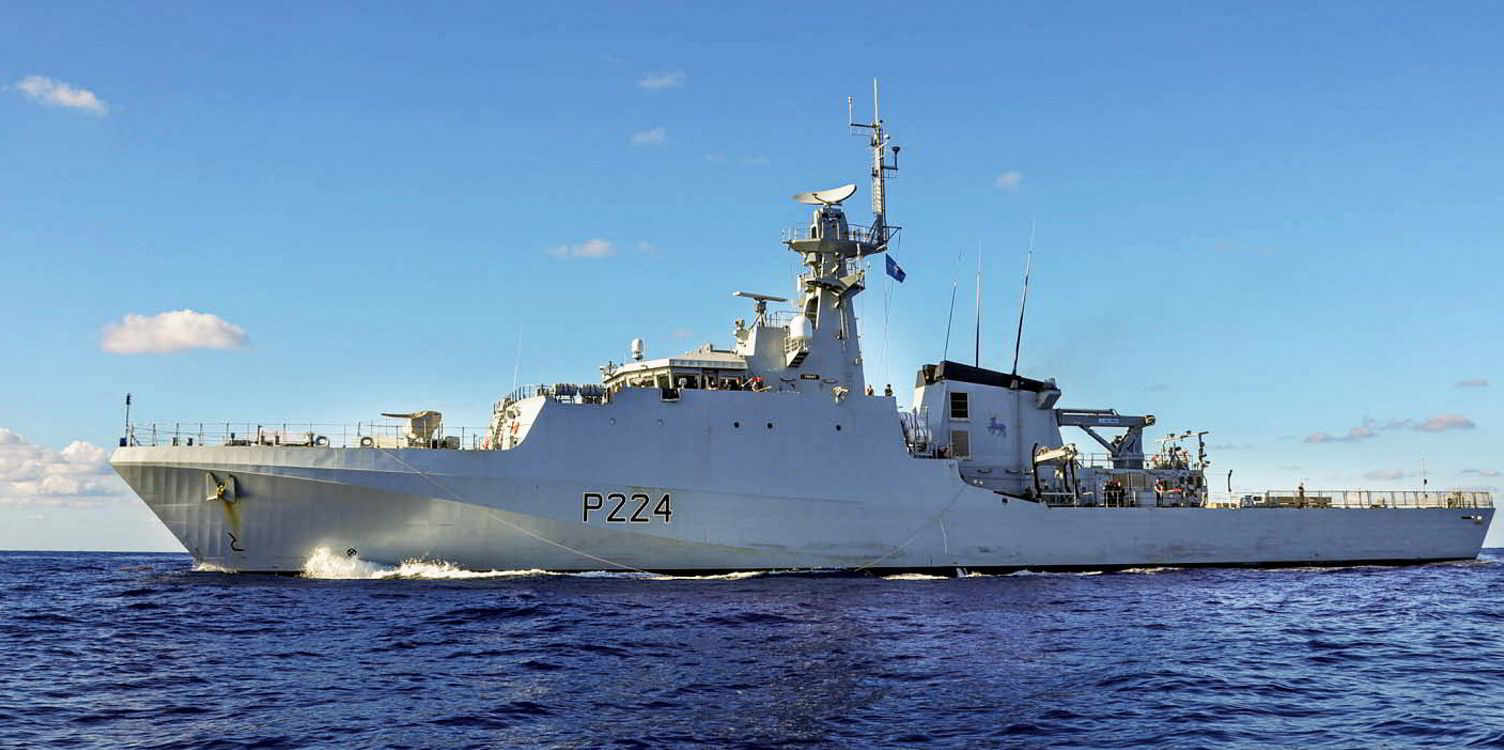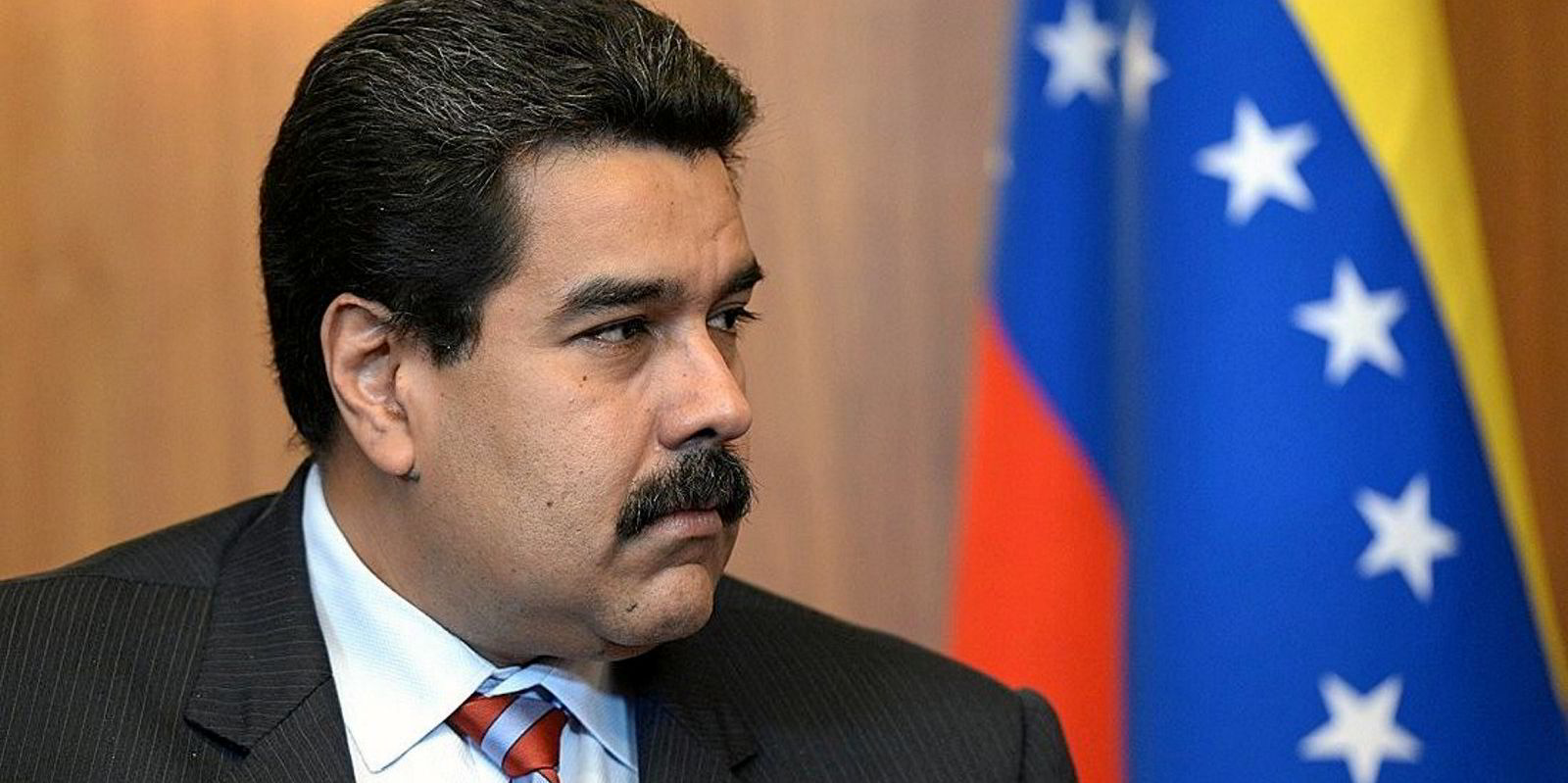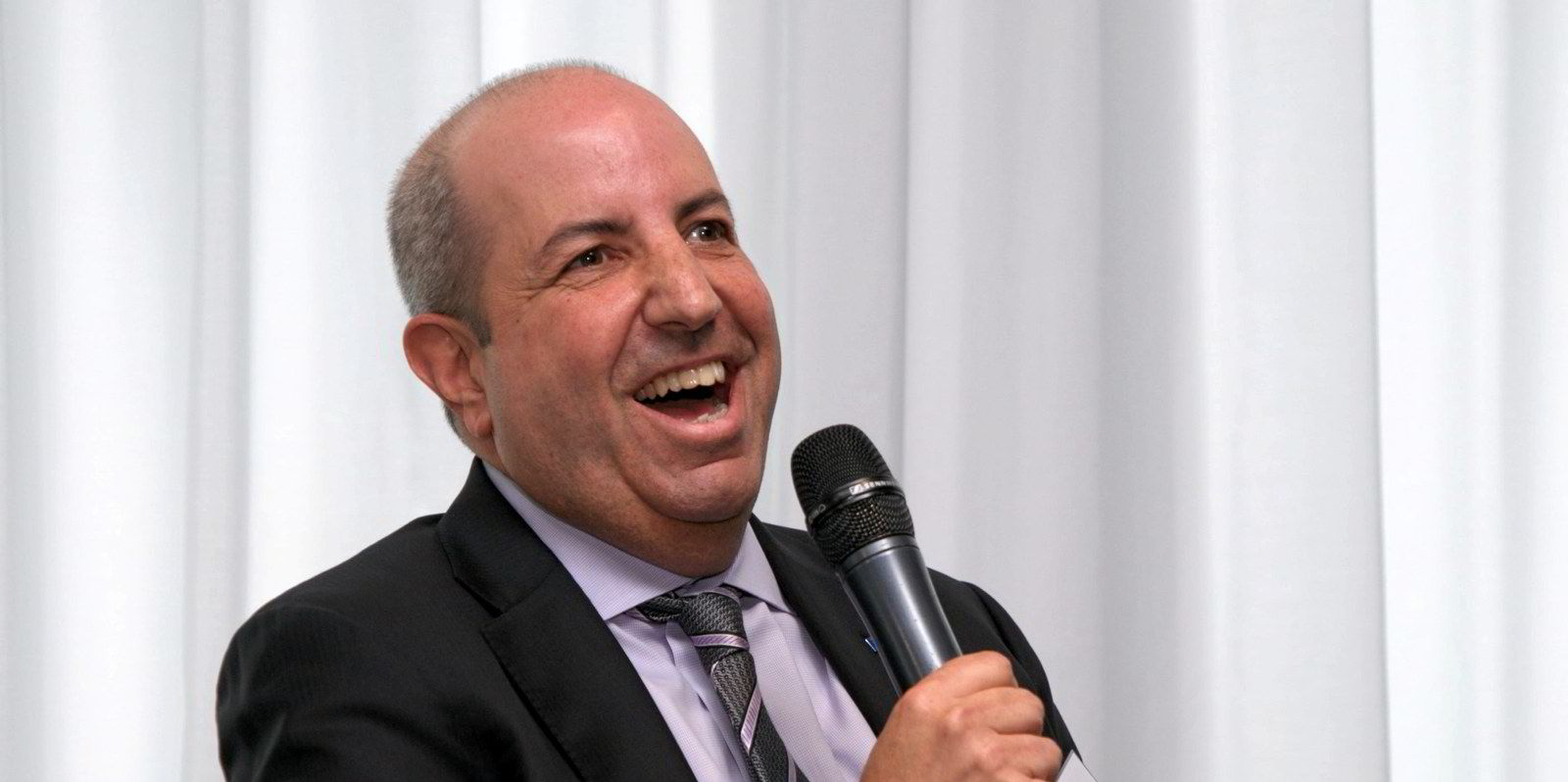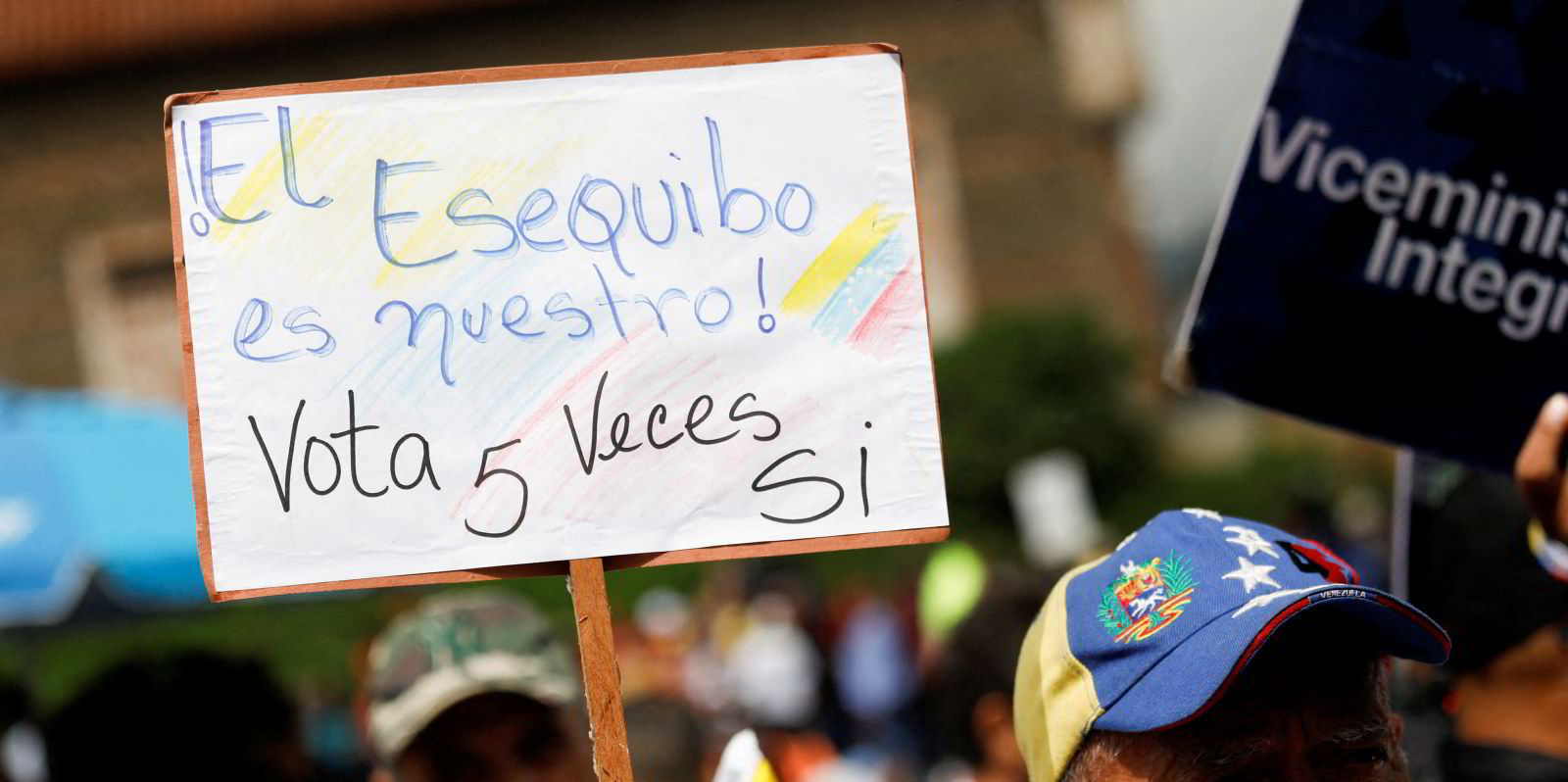The Joint War Committee (JWC) has declared Guyana a listed area amid an escalating territorial dispute with neighboring Venezuela.
The decision only applies to vessels visiting offshore installations in the Guyanese exclusive economic zone beyond the nation’s territorial waters.
The designation by the JWC, which represents marine insurers in the London market, usually means ships trading to the region will face higher war risk insurance premiums.
As a result, a consortium led by US oil major ExxonMobil may face higher costs to ship crude from a series of floating production units in operation off Guyana.
Guyana currently produces (and exports) around 400,000 barrels per day (bpd) from two FPSOs with a third FPSO already on-site, according to Poten & Partners.
By the end of 2025 ExxonMobil and its partners Hess and CNOOC estimate that they will produce at least 800,000 bpd from four offshore production units.
The dispute over the Essequibo region dates back to 1899, when a Paris-based arbitration panel ruled that Essequibo belonged to the British colony of British Guiana.

Venezuela has long disputed that ruling because Essequibo was part of its boundaries during the Spanish colonial era. The two countries have thus far unsuccessfully tried to resolve the conflict.
The dispute was reignited with the discovery of oil in Guyana and escalated when Venezuela voted in a referendum on 3 December to claim two-thirds of its smaller neighbour.
Venezuela’s moves have prompted Guyana to put its armed forces on high alert, notify the UN Security Council as well as the International Court of Justice.
Earlier this week, the UK said it would send a warship to Guyana in a show of support for the Commonwealth nation.
A UK Ministry of Defence spokesperson said: “HMS Trent will visit regional ally and Commonwealth partner Guyana later this month as part of a series of engagements in the region during her Atlantic patrol task deployment.”
Poten said that while Venezuelan president Nicolas Maduro undoubtedly has an interest in Guyana’s oil fields, his short-term aims may be to divert the attention of Venezuelan’s population away from the dismal state of the economy, its sky-high inflation as well as the international isolation the country finds itself in.
“Maduro is up for re-election in 2024 and he has a formidable opponent in Maria Corina Machado, who was voted to be the opposition candidate by a large majority. Maduro may think an international diversion will increase his popularity,” the broker said.
In October of this year, the US eased sanctions against Venezuela for an initial period of six months. In exchange, Venezuela’s president Maduro promised to allow independent candidates to run in the presidential election next year.
“This promise looks rather hollow against the backdrop of his recent actions,” said Poten.





